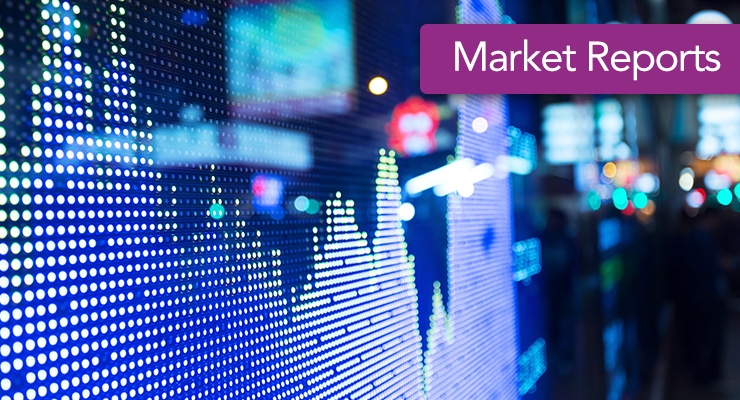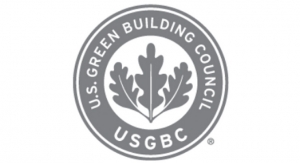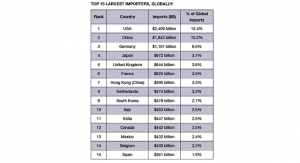01.21.19
In spite of recent shocks in financial markets, the global economy will continue to expand at a modest rate in 2019, according to new analysis released at the World Economic Forum in Davos by IHS Markit.
“A ‘perfect storm’ shook markets in late 2018,” said Nariman Behravesh, chief economist, IHS Markit. “Slowing global growth, the gradual removal of monetary accommodation, the China-U.S. trade conflict and U.S. government shutdown all contributed to the recent rout. However, it’s important to note that the stock market is not a reliable predictor of recessions, and the probability of a recession in 2019 remains low.”
Global growth is expected to increase at a rate of 3 percent in 2019 and 2.8 percent in 2020, below the rates seen in 2017 and 2018, but still in-line with the trend, IHS Markit analysis says.
“I anticipate World Economic Forum attendees will be anxious about financial turmoil and the potential damage from fallout over U.S. policies such as the simmering trade conflict between the U.S. and China and the U.S. government shutdown,” Behravesh said. “However, U.S. companies will be more upbeat, compared with European and Chinese companies – especially those in the manufacturing sectors – as U.S. business conditions remain the strongest among the G7 nations. The mood of Chinese delegates is likely to be quite somber.”
Monetary and fiscal policy will continue to support growth, the analysis found. The U.S. Federal Reserve rate remains well below the neutral rate. Rates in Japan and the Eurozone are still negative, while China has begun to provide monetary and policy stimulus.
The IHS Markit analysis concluded that policy mistakes, especially regarding trade, continue to be the biggest threats to global growth in 2019 and beyond. Rising political uncertainty is also likely to negatively impact growth.
“A ‘perfect storm’ shook markets in late 2018,” said Nariman Behravesh, chief economist, IHS Markit. “Slowing global growth, the gradual removal of monetary accommodation, the China-U.S. trade conflict and U.S. government shutdown all contributed to the recent rout. However, it’s important to note that the stock market is not a reliable predictor of recessions, and the probability of a recession in 2019 remains low.”
Global growth is expected to increase at a rate of 3 percent in 2019 and 2.8 percent in 2020, below the rates seen in 2017 and 2018, but still in-line with the trend, IHS Markit analysis says.
“I anticipate World Economic Forum attendees will be anxious about financial turmoil and the potential damage from fallout over U.S. policies such as the simmering trade conflict between the U.S. and China and the U.S. government shutdown,” Behravesh said. “However, U.S. companies will be more upbeat, compared with European and Chinese companies – especially those in the manufacturing sectors – as U.S. business conditions remain the strongest among the G7 nations. The mood of Chinese delegates is likely to be quite somber.”
Monetary and fiscal policy will continue to support growth, the analysis found. The U.S. Federal Reserve rate remains well below the neutral rate. Rates in Japan and the Eurozone are still negative, while China has begun to provide monetary and policy stimulus.
The IHS Markit analysis concluded that policy mistakes, especially regarding trade, continue to be the biggest threats to global growth in 2019 and beyond. Rising political uncertainty is also likely to negatively impact growth.




























